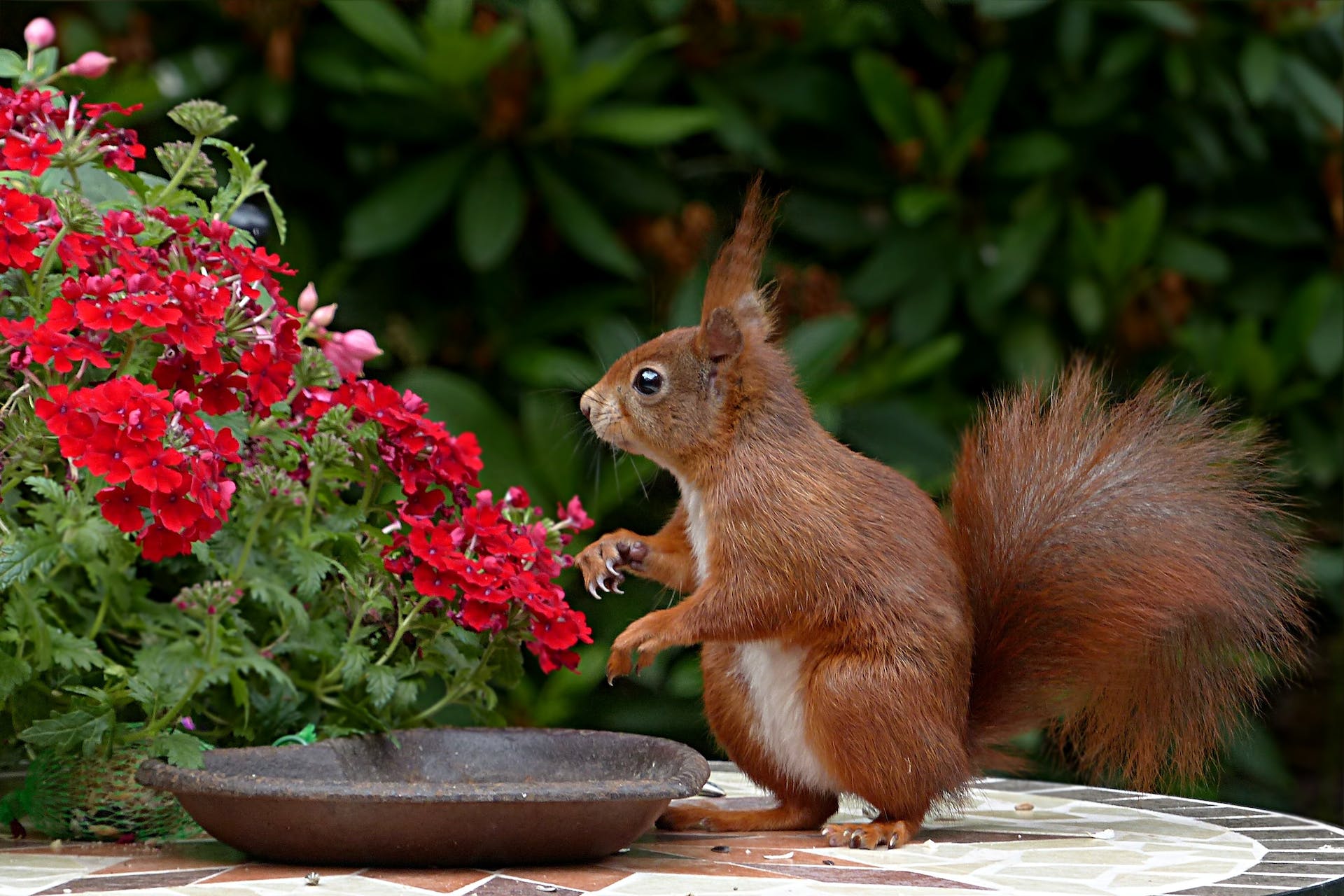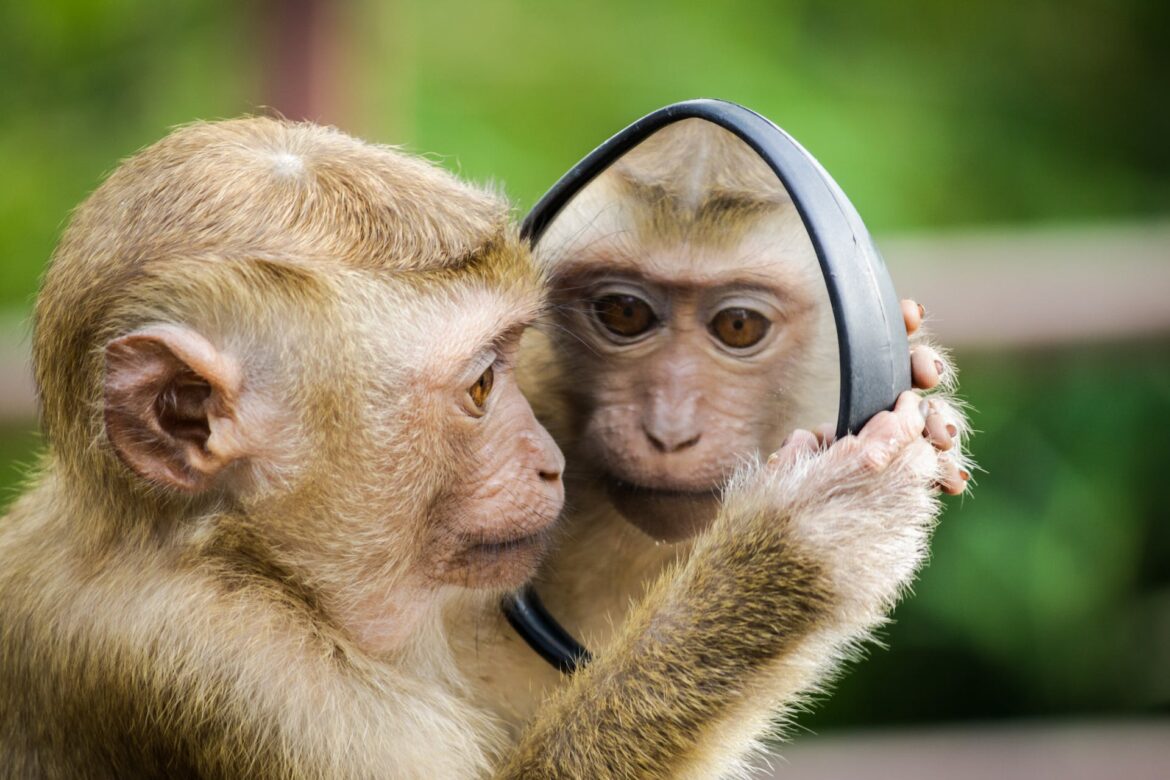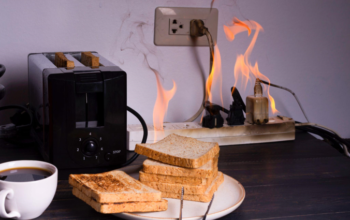Having animals around your house can be a beautiful way to enjoy the scenery and fully immerse yourself in nature. Wildlife can be breathtaking. However, they can become excessive for comfort; they cease to be a part of the landscape and start to harm your property as a nuisance.
Wild animals can cause mess and damage to your home and garden. They may damage the foundation of your house, dig beneath it, or even gnaw their way through your walls and vents to live inside it. By consuming your fruits and veggies, creating holes that could obstruct your utility lines, or even removing the bark from your trees, they can cause harm to your lawn.
For these reasons and more, you should contact a wildlife pest control service in Ohio or your locality for help or follow the simple tips in this article to prevent wildlife invasion in your home.
Remove All Food Sources
Remove the bird feeders and all food sources for wildlife. It will deter other animals from your space and prevent birds from using it as a restroom. The food you’ve selected for a bird feeder may draw in raccoons, shrews, chipmunks, polar bears, rats, and skunks.
Place your bird feeder some distance from any outdoor furniture or other objects you don’t want to function as a bird toilet to take advantage of having a bird feeder and the consequent bird activity.
Furthermore, pick a feed specifically designed to draw in the kind of bird you want to see (rather than a mixed meal). It will also help maintain a cleaner area around the feeder since your feathery friends won’t be making a mess accessing their favorite nibbles.
Also, protect your garden fruits and vegetables from wildlife by using nets to cover them. Pick any fallen fruit promptly and harvest mature ones to prevent wildlife access. Once these animals can’t get food from your property, they eventually avoid home.
Properly Secure Your Garbage Cans

Keep the lid on your trash firmly closed. Food leftovers always attract animals, so if they can get inside your trash can, they’ll see it as permission to stay. When discarding your trash, put it in a tight-fitting container that seals in smells and can be challenging to gnaw through or tip over.
The characters most likely to snoop in the garbage will determine how secure you make it. If you reside in a rural area, you might need to secure your bins with extra measures because bears could be a problem. For this reason, many people decide to keep their trash in an enclosed basement or shed.
If you want to keep raccoons out of your trash, you can keep them from opening it by placing a hefty stone or several bricks over the lid. So long as your trash cans are free of holes, keeping rodents out should be very simple.
Plastic waste bags are insufficiently secure; you need a sturdy trash can made of plastic or metal with a lid that fits tightly. Securing your garbage is an excellent method of keeping wildlife away from your home that you don’t want to miss.
Identify and Close all Entry Points
Animals enter houses in search of food and refuge. Some rats can enter your home through gaps in rooftops, sidings, doors, windows, and small foundation openings. Periodically and thoroughly inspect your home and seal all potential entry points found to keep prospective intruders out.
While every home is unique, a few characteristics are always present. Areas that evacuate air attract animals, such as dryer vents, lofts, crawl spaces, roof vents, fire vents, and fan vents in kitchens and bathrooms.
It occurs as a result of the warmth emanating from these locations. It is similar to a tree cavity in that it is safe, and in the case of the vents, it is warm and cozy. Since these places are frequently not adequately secured against animals, they become vulnerable to access.
Animals can easily cut through many materials because of their teeth and claws. However, you give them easy access by failing to close off vents and ducts properly.
Doors are also excellent ports of entrance for wildlife into your house since they open and close so often. Ensure there are no bushes or plants very close to your entryway to help deter animals from coming in. An animal might easily hide in a shrub or plant and quickly run into your home as the door opens.
Ensure plants and shrubs are a minimum of two feet off any entrances. It will help deter animals and provide an excellent view of your doorway.
Build Fences
You can keep nearly any wild animal out with the help of fences. You may choose to fence only the portions of your property that are giving you the most trouble, like the area immediately surrounding your garden or the foundation of your house, or you may fence all four sides of your land, subject to the animal.
Use a strong fence dug at least 1.5 feet below and 5 feet above ground to deter most wild animals from digging under or hopping over the barrier. It will keep the animals out nearly entirely.
Use Repellants
For virtually any issue with wild animals, numerous repellant options are available. Repellants can be synthetic sprays or predator urines, but they are weak, and you need to apply them repeatedly. You can also combine them with other methods to keep wildlife at bay.
Also, physical repellents are available, such as motion-activated sprinklers and ultrasonic sound emitters. However, not everyone can tolerate these because they may irritate their pets.
Preventing Wildlife Invasion in Your Home

Employ the methods in this article to prevent wildlife invasion. Eliminate debris mounds and stagnant water. Regularly trim trees, limbs, and shrubs to make it more challenging for tree climbers like squirrels to employ them as routes into your home.
Furthermore, it’s critical to maintain constant vigilance. Your walls are more susceptible to cracks and holes as the temperature fluctuates. Tightly seal every opening in your home by giving it a routine inspection.
In the winter, animals will always attempt to get inside your house. Keep your space in order and exercise caution. Being alert will aid in keeping them out.
Related Posts












